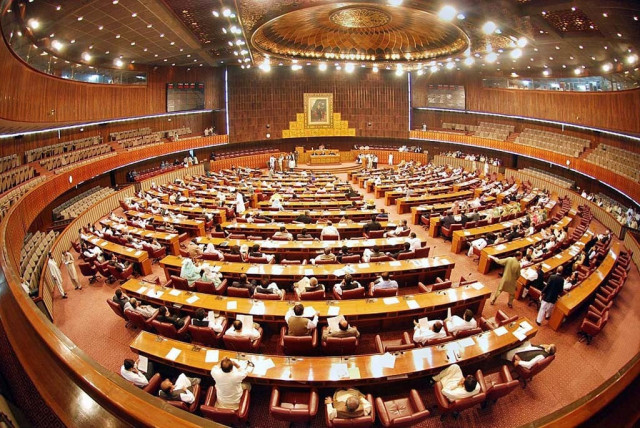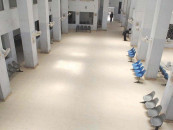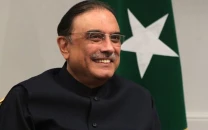PPP's relevance shrinks in coalition after by-polls
Despite gains in by-elections, PML-N still lacks a simple majority in NA

The PML-N's recent victory on seven seats — including one secured unopposed — in the recently held by-elections has created the misunderstanding that the party now enjoys a simple majority in the National Assembly.
Several leading English dailies have also reported this claim. In reality, however, the only significant change produced by the latest victory is that the PML-N is now somewhat less dependent on its key ally, the PPP, for running government affairs.
The ruling party managed to sweep all the contested National Assembly seats, taking its tally to 131 seats, according to the data available on the National Assembly's website.
The PML-N initially entered the National Assembly with around 75 seats as the second-largest party after the PTI. It was later joined by 10 independents, and the addition of reserved and minority seats pushed its total to 107.
A favourable Supreme Court decision — which redistributed the PTI's reserved seats, despite PTI being the largest party at the time — combined with a "same-page" equation with the establishment that helped the PML-N attract independents and edge out opponents, ultimately increased its tally to 131.
Currently, around 167 seats are required for a simple majority. Initially, PML-N was heavily reliant on the PPP to keep its government intact.
Now, however, with the help of its remaining allies — the MQM with 22 seats, the PML-Q with 5, the IPP with 4, the BNP with 1, the PML-Z with 1, and four independents — the government commands 168 votes.
This allows it to keep its coalition stable and pass the finance bill and other legislation through the National Assembly. But without the PPP support, even a single ally shifting its weight would pose an immediate threat to the government's survival.
Since the elections, there have been murmurs suggesting that the PML-N is considering parting ways with the PPP, though several PML-N leaders have publicly denied this, insisting that the PPP remains — and will continue to remain — an ally and rejecting any notion of instability in the coalition.
It is worth noting, however, that despite this public show of harmony, the party's dependence on the PPP will inevitably decrease.
The PPP, too, has now lost the only major bargaining chip it previously held.
As a result, while the PPP's leverage may decline, the PML-N will become increasingly vulnerable to pressure and political blackmail from its smaller partners — much like what Imran Khan's government experienced in its tenure.
Earlier, four newly elected PML-N lawmakers were sworn in on Thursday after the Election Commission of Pakistan (ECP) issued notifications for candidates who won the recent by-elections — with the exception of NA-96 (Faisalabad-II), where the code of conduct was breached.








1724319076-0/Untitled-design-(5)1724319076-0-208x130.webp)















COMMENTS
Comments are moderated and generally will be posted if they are on-topic and not abusive.
For more information, please see our Comments FAQ